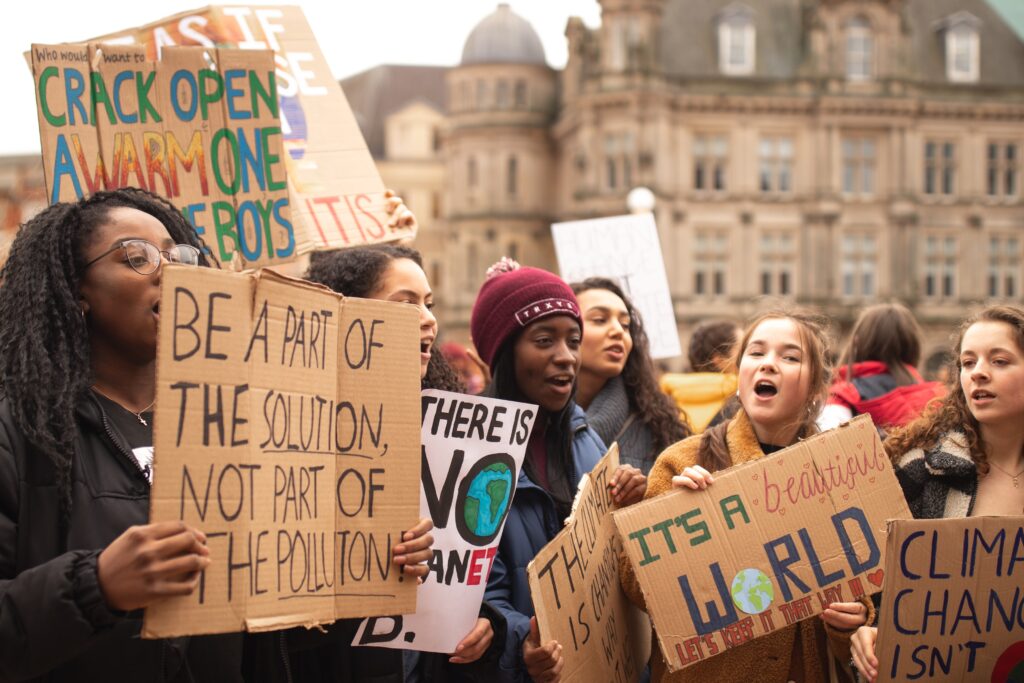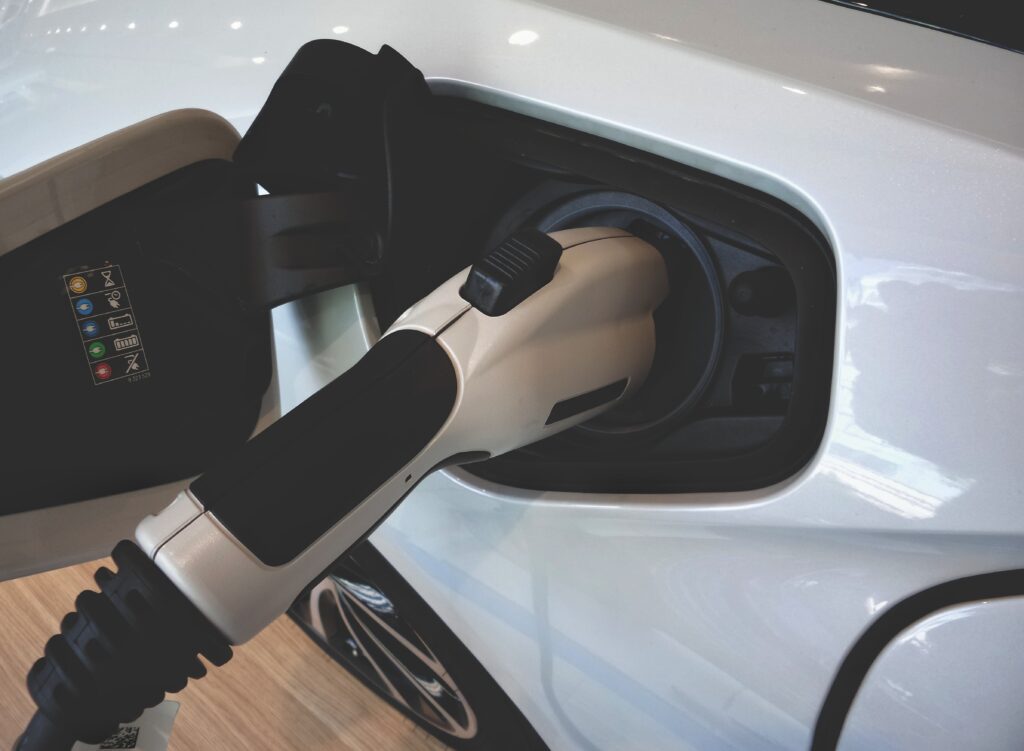The role of industries in climate change mitigation

The IPCC report underscores rising greenhouse gas emissions, mainly from industry. Declining low-emission technology costs and increased usage aid mitigation of climate change. Decarbonization, sustainable options, international cooperation, and policy implementation are vital for a net-zero industry and climate resilience.
Environmental Sustainability Fundamentals

The circular economy (CE) helps achieve sustainability by maximizing resource value and minimizing waste. While sustainability encompasses people, profit, and planet, CE principles address resource extraction, production, and consumption. Regulations and business model adaptations contribute to this transformation.
Decarbonising Energy: Repurposing and Recycling End-of-Life Batteries

Batteries can contribute to sustainable development and climate change mitigation. But they require major changes in the value chain, from materials sourcing to end-of-life management. Europe aims to build a sustainable internal battery value chain, creating business opportunities and addressing environmental concerns through circular approaches, recycling, and repurposing.
Towards a Sustainable European Battery Value Chain

European clean energy transition regulations foster a competitive and sustainable battery industry. The EU’s new Batteries Regulation aims to modernize battery life-extension, waste collection, and material recovery while reducing hazardous substances. Europe’s electric vehicle market is growing, with legislative frameworks and the European Battery Alliance driving a sustainable value chain, focusing on raw materials, recycling, and workforce development.

